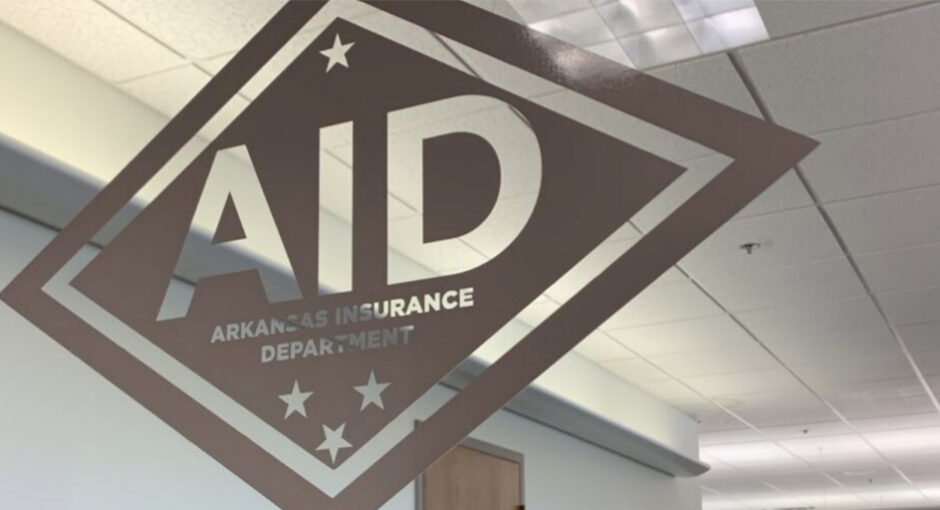Arkansas’s unique 340B contract pharmacy law is about drug delivery, not drug pricing, and thus does not conflict with the federal 340B statute, Arkansas state officials and 340B providers said recently in the latest volley in the drug industry’s federal case against the law.
“All of the available evidence shows that Act 1103 governs drug distribution, not drug pricing,” Community Health Centers of Arkansas (CHCA) and a number of Arkansas 340B hospitals said in brief filed Nov. 4 in federal district court in Little Rock.
The providers, who were allowed to intervene in the lawsuit between Pharmaceutical Research and Manufacturers of America (PhRMA) and the Arkansas Insurance Department (AID), echoed arguments AID made in a brief filed Oct. 21 and an earlier brief it filed Sept. 8. The department said the law conflicts with neither the 340B statute nor the federal Food, Drug, and Cosmetic Act and thus is not pre-empted by either federal law.
The groups were responding to PhRMA’s brief filed Oct. 6. The trade group said the 340B program “has always been uniquely federal in nature” and “there is no room for states, pharmacies, or other interests to step in and try to supplant” the federal government’s exclusive control over it.
Drug pricing and delivery “are governed under different laws,” the intervenors said in their brief. “The first is governed by the 340B statute and is how a manufacturer satisfies its obligation to ‘offer’ 340B pricing on drugs,” they said. “The second—distribution of 340B drugs—is territory where states have a legitimate right to legislate and regulate. It is the second area that is the exclusive focus of Act 1103.”
In fact, Arkansas previously passed a law prohibiting nonprofit hospitals from operating retail pharmacies, forcing them to rely on contract pharmacies instead, the intervenors said. Arkansas’ law barring drug manufacturers’ restrictions on their use “builds on this tradition of supporting contract pharmacy arrangements,” they said.
The intervenors also argued that the case law precedent cited by PhRMA doesn’t support the industry group’s pre-emption case because those cases deal with federal statutes containing an express preemption provision, unlike the 340B statute, where preemption of state law can only be implied.
The intervenors also said the 340B statute’s silence on the use of contract pharmacies negates PhRMA’s argument that the statute was intended to be “comprehensive,” covering all aspects of the drug-discount program. “Even if it were comprehensive, Congress left a decided gap in the statute regarding drug distribution, an area traditionally regulated by the states,” they said. “Any conflict would lead to absurd results that the Arkansas legislature could not have intended.”
Similarly, AID argued in its Oct. 21 brief that its regulation implementing the law makes clear that the law was crafted only for “policing the delivery and acquisition of 340B drugs pertaining to third party, pharmacy contracts with covered entities issued in this state.”
The state officials further argued that the Arkansas law doesn’t interfere with any aspects of the 340B statute, including ceiling price calculations, duplicate discount prohibitions, and civil monetary penalties.
“For a 340B drug, the ceiling price requirement and any other federal 340B pricing methodologies … employed in the calculation of the pricing, are initially regulated and set by federal law; however, the actual delivery or distribution or shipment of drugs themselves can easily be governed separately by state law without conflicts,” AID said.
AlD also argued that the 340B silence on the use of contract pharmacies makes the case law cited by PhRMA inapplicable. “The federal scheme in 340B is expressly silent as to the role states play in policing or regulating the private market of third party, commercial contracts issued in that state pertaining to the 340B program,” it said.


